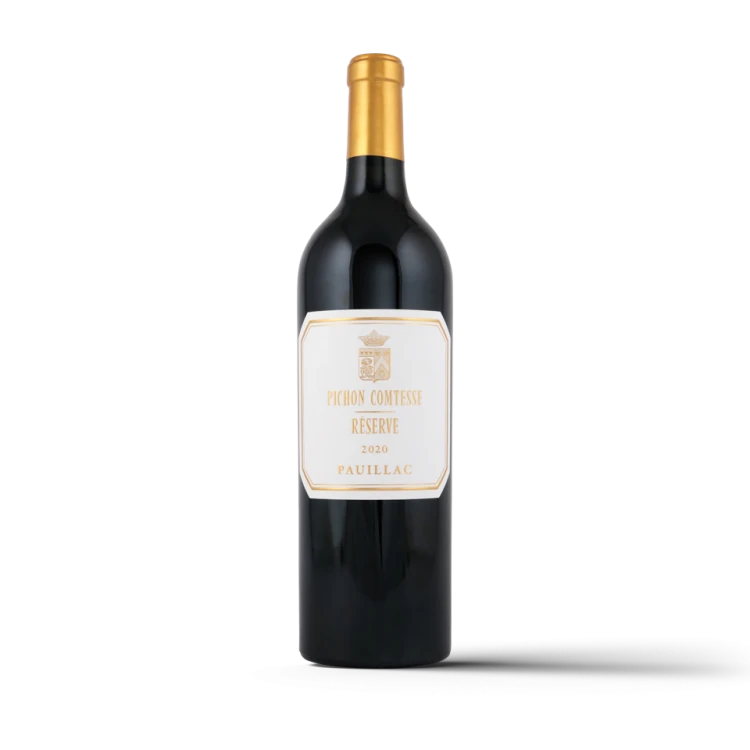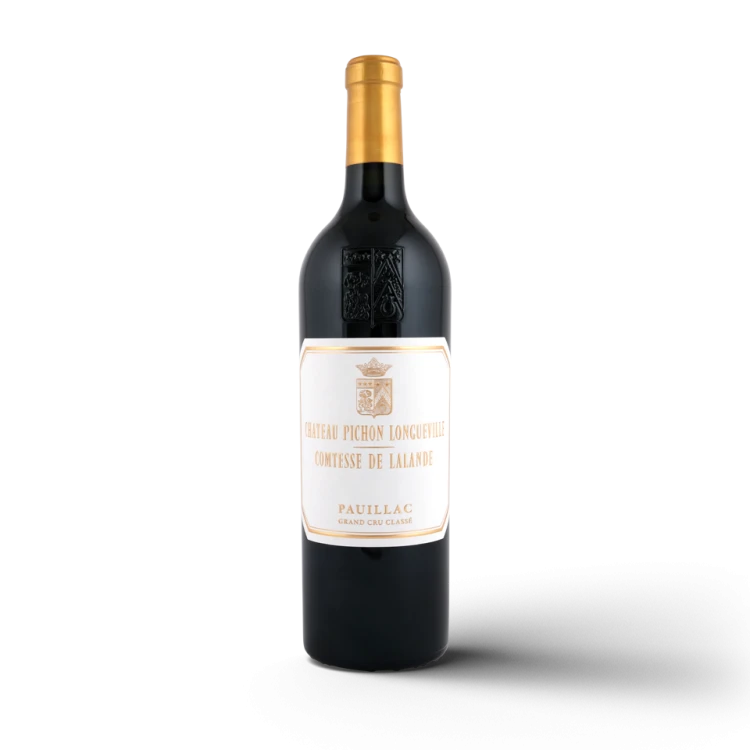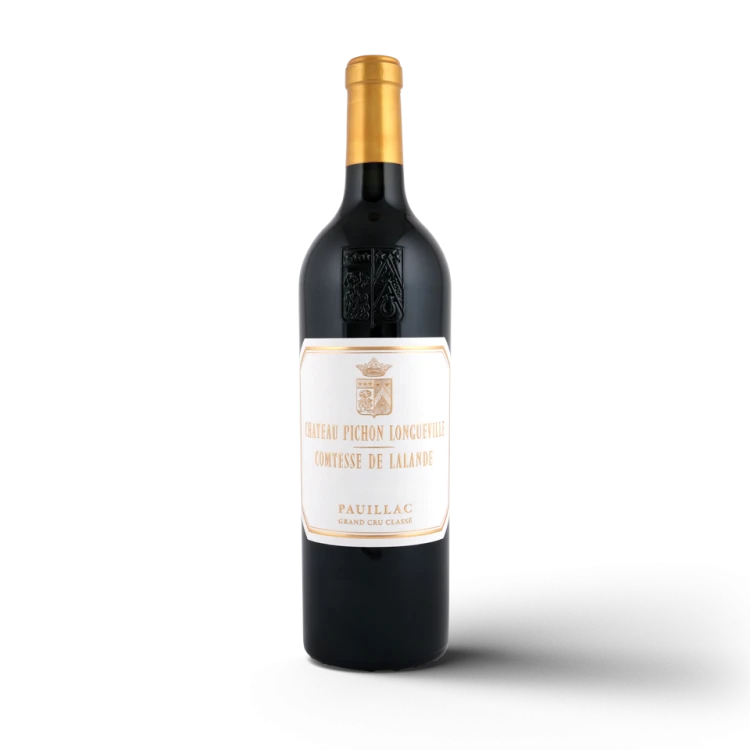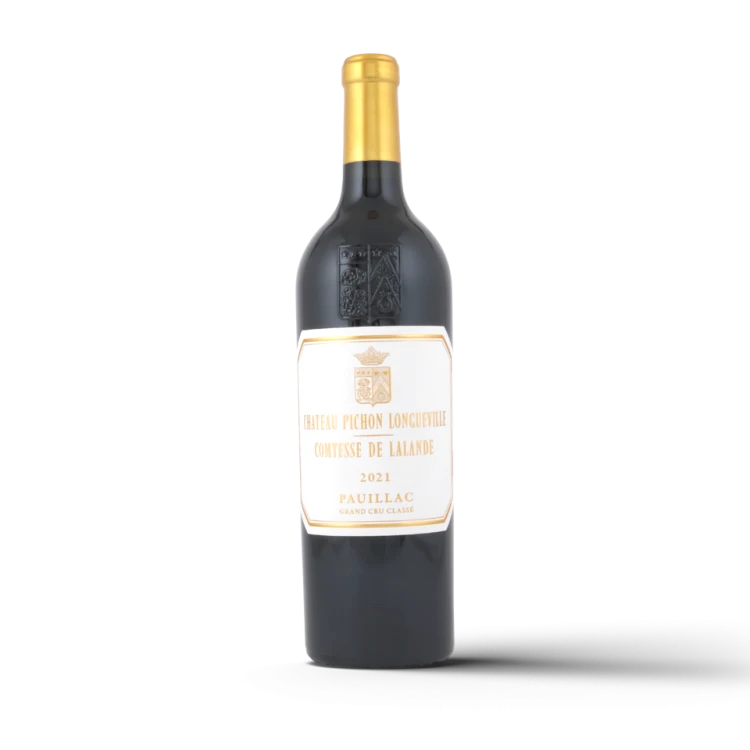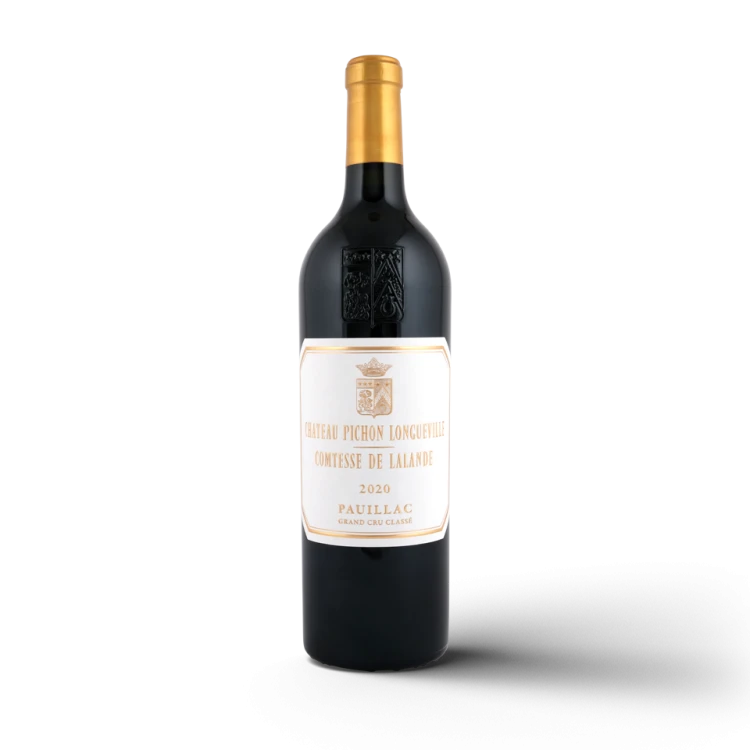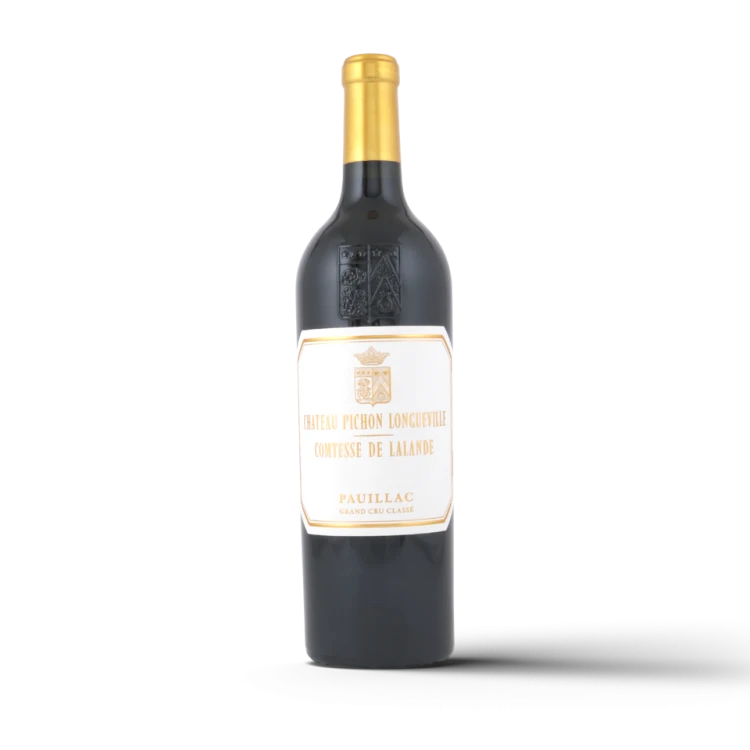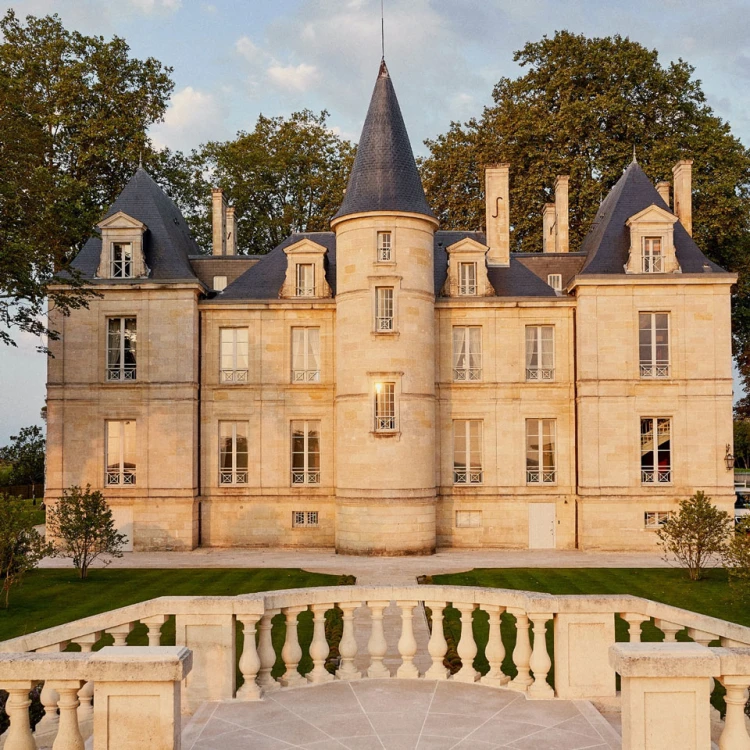
Wines of Château Pichon Longueville Comtesse de Lalande
Just a stone's throw away from the sister estate Pichon Baron, the "Comtesse" cultivates a more sensual, feminine style full of grace.
The full name of the Château Pichon Longueville vineyard is Comtesse de Lalande, but among Bordeaux connoisseurs it is actually just called "Comtesse". In contrast, the Château Pichon-Longueville-Baron vineyard on the other side of the road is generally abbreviated to "Pichon Baron". Until 1850, both vineyards belonged to the Pichon-Longueville estate. Due to a division of the estate, Pichon Baron was assigned to the male descendant of the Longuevilles, Baron Joseph de Pichon-Longueville, with 2/5, while the three daughters had to share the remaining 3/5. It became Château Pichon Longueville Comtesse de Lalande.
The estate is located to the west of the Route du Vin D2 with vineyards bordering Pichon Baron on one side and Haut-Batailley and Latour on the other. The vineyards are naturally characterised by gravel from the Günz period. Within the 100 hectares of land, 76 of which are planted with vines, ten different terroirs can nevertheless be identified, which differ in the amount of gravel, sand and clay as well as the amount of iron in the subsoil.
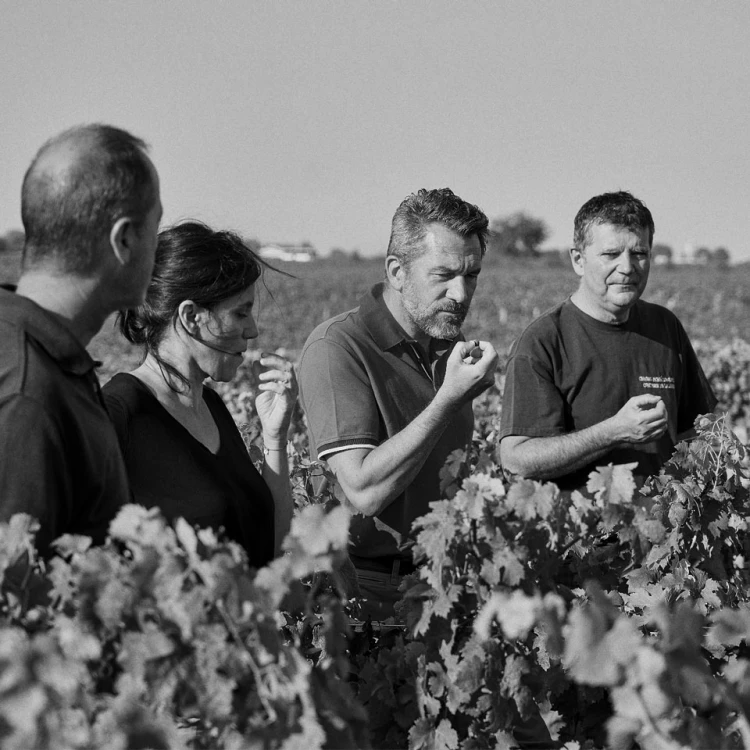
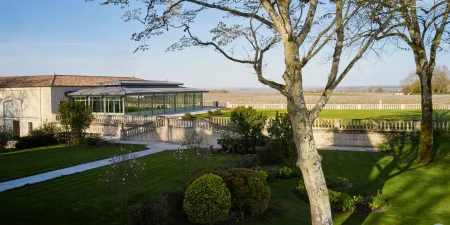
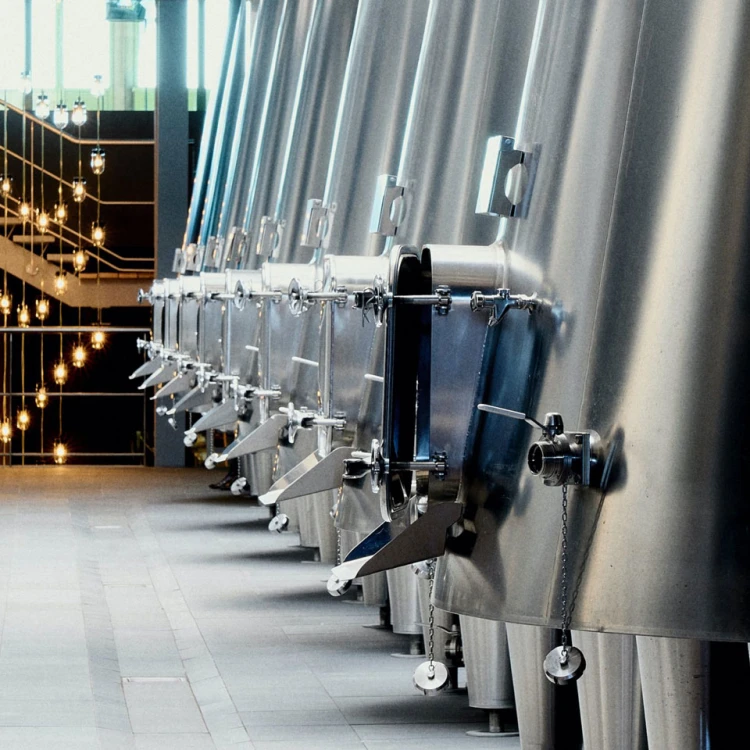
Vintages such as the 1982 are among the greatest wines of modern times. Nevertheless, the Comtesse had to endure some difficult years when, at the end of May-Eliane de Lencquesaing's aegis, it was no longer possible to invest enough. In 2006, she sold the estate to Champagne Louis Roederer, one of the few large Champagne houses still owned by the family.
With Roederer, the estate has found its way back to great excellence. This is thanks to major investments of no less than 31 million euros in the vineyards and cellar. The investment was largely completed in 2019 with the inauguration of a new underground barrel cellar. Further parcels of the 100-hectare estate are now gradually being replanted.
The winery used to be known for having an unusually large amount of Merlot. Now, however, only Cabernet is being replanted - partly due to climate change. But even though Cabernet has clearly gained the upper hand, the wines of Pichon Lalande have never been as fine and sensual, refined and complex as they are today.
© Images: Château Pichon Longueville Comtesse de Lalande
